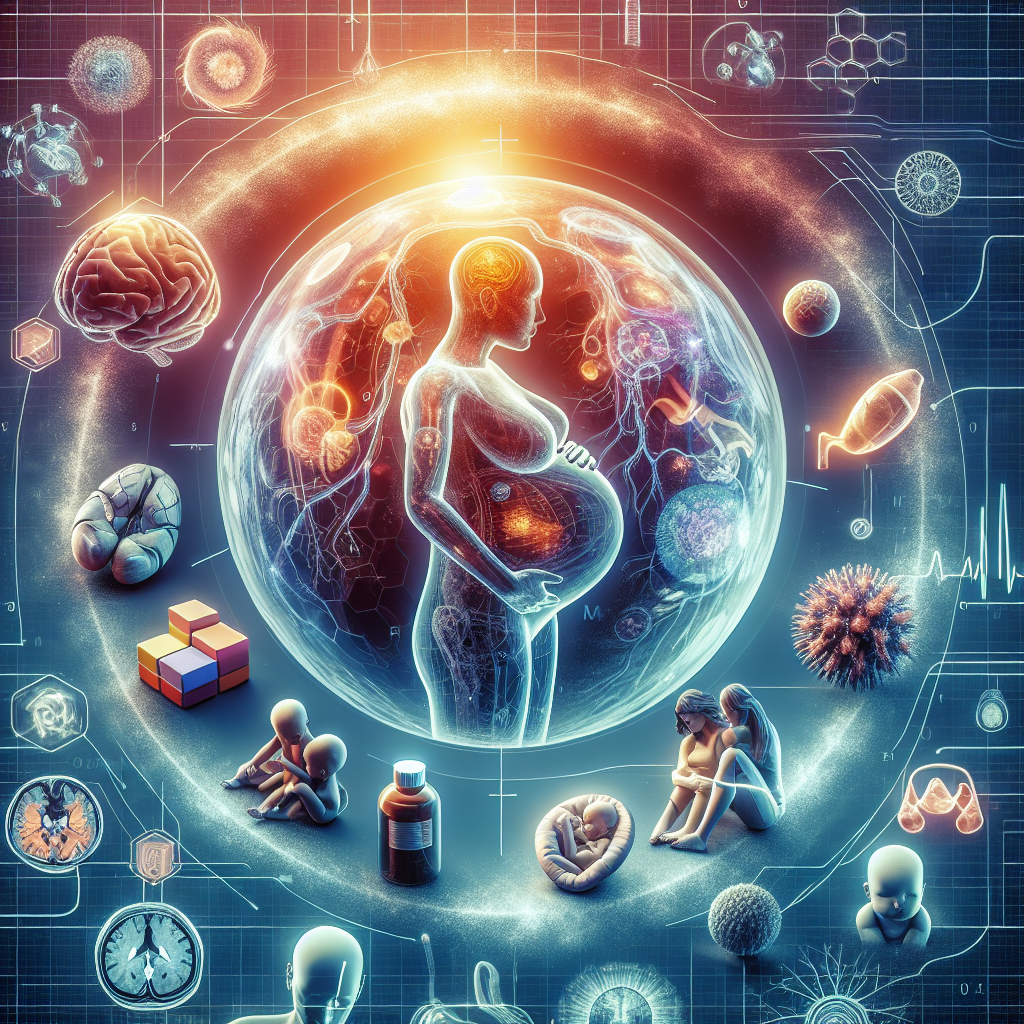Unveiling the Important Link Between Retinoids, Intracranial Hypertension, Pregnancy, and Infants
- Tranquility Foods

- Aug 20, 2024
- 2 min read
Updated: May 10, 2025
The interplay between various medical conditions can often reveal fascinating connections that shed light on different aspects of our health. Today, we delve into the intriguing relationship among retinoids, intracranial hypertension, pregnancy, and infants to understand the critical implications this linkage holds.
Understanding Retinoids
Retinoids, synthetic derivatives of Vitamin A, play a crucial role in skincare and dermatology due to their remarkable ability to improve skin texture, reduce wrinkles, and combat acne. While their benefits in skincare are well-documented, retinoids also come with potential side effects that extend beyond the surface of the skin.
The Complex Link to Intracranial Hypertension
One lesser-known side effect of retinoid usage is the potential to cause intracranial hypertension, a condition characterized by increased pressure around the brain. This can lead to symptoms such as neck stiffness and pain, headaches, sometimes severe with flashes of light, vision changes, dizziness, vertigo, shallow breathing and confusion. Understanding this connection is vital, especially for individuals using retinoids for skincare purposes or excessively consuming products fortified with Vitamin A.
The Impact of Intracranial Hypertension on Pregnancy
For pregnant individuals, the stakes are even higher when considering the relationship between retinoids and intracranial hypertension. Pregnancy itself can predispose individuals to intracranial hypertension due to hormonal changes and increased blood volume. When retinoids are added to the equation, the risk of developing this condition during pregnancy may be further heightened. The hormonal changes are why women are more prone to migraines than men.
Navigating the Risks for Infants
Furthermore, the impact of maternal health on infant well-being must be considered. Studies have shown that certain maternal conditions, such as intracranial hypertension, can have repercussions on fetal development and newborn health. A baby's brain develops through the first three years, so it is essential to ensure they get the proper nutrients and not too much synthetic Vitamin A. Babies and children are more sensitive to Vitamin A. They can quickly accumulate toxic amounts, which can affect their brain development and cause nausea, vomiting, headaches, shallow breathing, digestive problems, and a lack of muscle coordination.
Conclusion
We must understand the negative effects retinoids, either used topically or consumed internally through food fortification, have not only on pregnant women and fetuses but also on our baby's first three years of life. Tranquility Foods is committed to helping you learn how to eliminate excessive sources of synthetic Vitamin A during your baby's development.

_edited.png)


